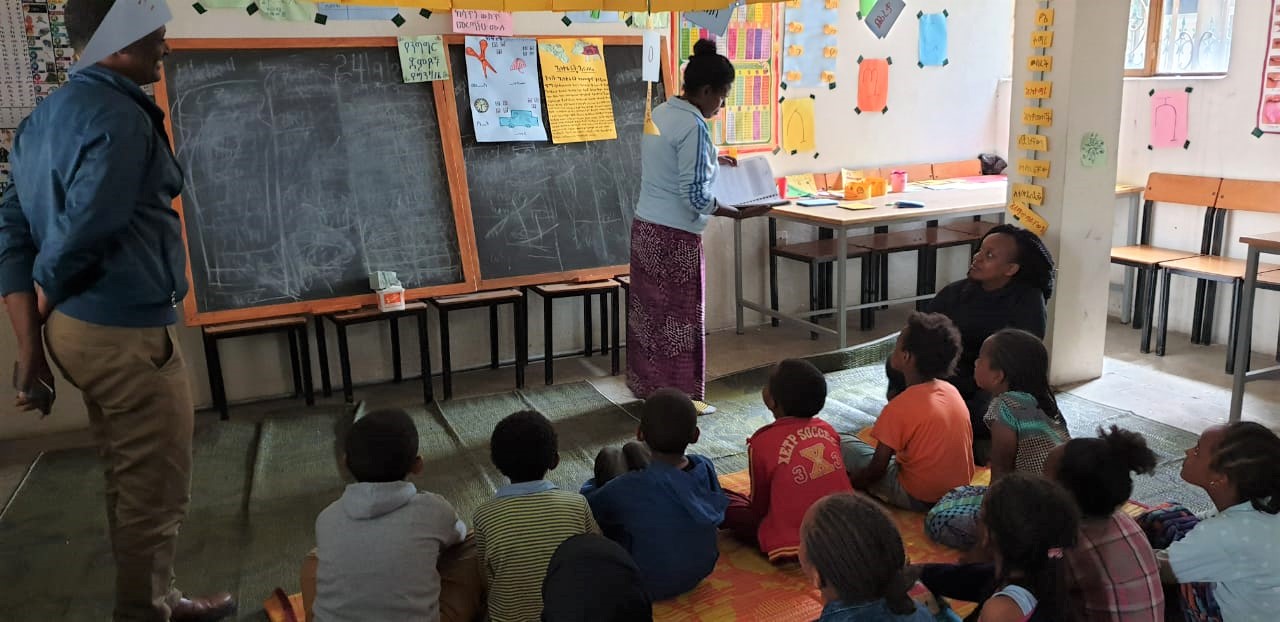Malawi, March 2021
Empty Schools and Expat Ghost Towns in Malawi
« Business as Usual »
When COVID-19 started spreading across the world, Africa was recording some of the lowest infections and death rates compared to the then hotspots in Europe, USA, Asia and Latin America.
During blueTree Group’s weekly team meetings, there was a huge contrast in the Covid reports from the Dutch team compared to the reports from the Kenya and Malawi teams. It was ‘business as usual’ in these two countries.
Africa seemed to be staying ahead as the virus was raging other continents, but this is no longer the case. Although lower cases have been reported than forecasted, the pandemic has hit Africa’s economy hard. Tourism has been disrupted among other crucial sectors. Work is at a standstill for many, companies are downsizing and there’s less money for food among other basic needs.
Hitherto, Malawi has recorded over 26,000 cases of corona virus infections since the first case was confirmed on 7th April 2020. While the numbers may be lower than other countries, majority of the cases have been recorded in the last 2 months.
The Malawian Government has tightened restrictions as the current Covid wave is pushing hospitals in Malawi to a breaking point. A night time curfew has been imposed and schools have been closed. Malawi has reported more than 800 deaths related to COVID-19. The deaths of 2 government ministers and 3 senior political figures led the government to declare a state of emergency. There are concerns that the already limited health facilities will be overwhelmed.
A large number of Malawians work in South Africa due to the poor economy at home. However most have since returned to Malawi. Some had returned home for the Christmas holidays and others returned home after COVID-19 restrictions in South Africa made it difficult for most of them to find work. A more contagious variant of the virus found in South Africa is adding to worries that the returning Malawians may contribute to the spread in Malawi.

